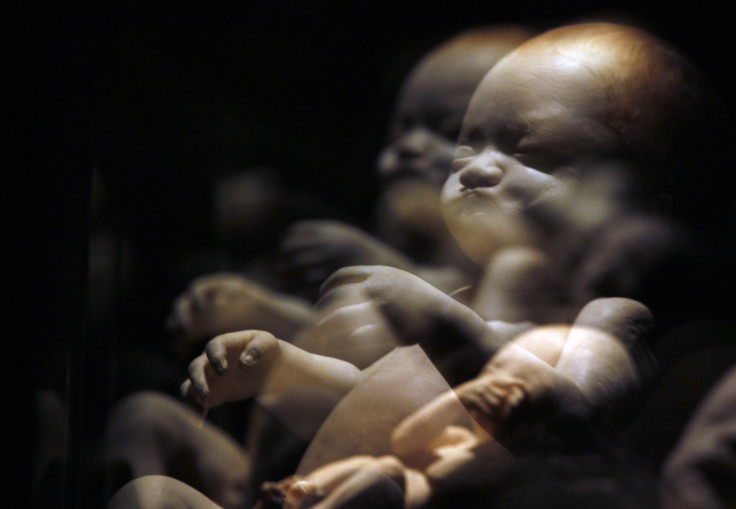Johnson & Johnson Vaccine Did Use Aborted Fetal Cell Lines: What Does This Mean?
KEY POINTS
- Johnson & Johnson uses aborted fetal cell lines to produce its vaccine
- The cell lines are derived from lab-grown cells that originated from an aborted fetus in 1985
- Aborted fetal cell lines have reportedly been filtered out when the vaccine is in vials
Some religious conservatives have advised against getting the Johnson & Johnson coronavirus vaccine, arguing that it was “morally compromised” because it was developed from cells derived from aborted fetal tissue.
Many next-generation vaccines, including those from J&J, Moderna and Pfizer, use cells originally derived from aborted fetal tissue when testing or making treatments. While Pfizer and Moderna only used these cells for laboratory testing, J&J uses the aborted fetal cell lines as part of the manufacturing process of its vaccine.
“The use of fetal cell lines, human cell lines, has been used in vaccines for some time now,” principal investigator Dr. James Harris told ABC News. “I think it’s being increasingly used because we can develop new vaccines more effectively, more efficiently with more of a greater, broad-spread use for the vaccines down the road.”
The Johnson & Johnson vaccine contains PERC6 cells, which are derived from human embryonic retinal cells. They originally came from the retinal tissues of an 18-week-old fetus aborted in 1985 in the Netherlands. The cells were treated in lab settings, allowing them to reproduce. Aborted fetal cell lines, which many scientists believe to be the most groundbreaking medical advances to date, make part of the coronavirus that's needed for the vaccine. The disabled coronavirus, called adenovirus 26, would now act as a vehicle to deliver genetic material to the human body and help the immune system develop protection against the coronavirus.
"In order to make the vaccine, the scientists give PerC6 cells DNA so that they can make the parts of the virus and build that molecular machine —basically the PerC6 cells are the factories that make the vaccine for us," Dr. Brianne Barker, associate professor of biology at Drew University, told Health.
Experts say that by the time the J&J vaccine is ready to be put in vials, the cells from the aborted fetal cell lines have been filtered out.
In a statement released Tuesday, Johnson & Johnson confirmed that its vaccine formula itself includes no fetal tissue.
"When the virus replicates, the cells kind of burst open. Having a virus grown in a human's cell does make it much easier and more effective when it's being put into a human," Dr. Ashley Garling, the clinical assistant professor with the The University of Texas at Austin - College of Pharmacy, said.
However, conservative groups, including the Roman Catholic Archdiocese of New Orleans, continue to warn its members to avoid the J&J vaccine, arguing that it’s compromised by the fetal cell lines. The archdiocese recommended Pfizer/BioNTech or Moderna vaccines because they do not rely on the aborted fetal cell lines.

© Copyright IBTimes 2025. All rights reserved.






















